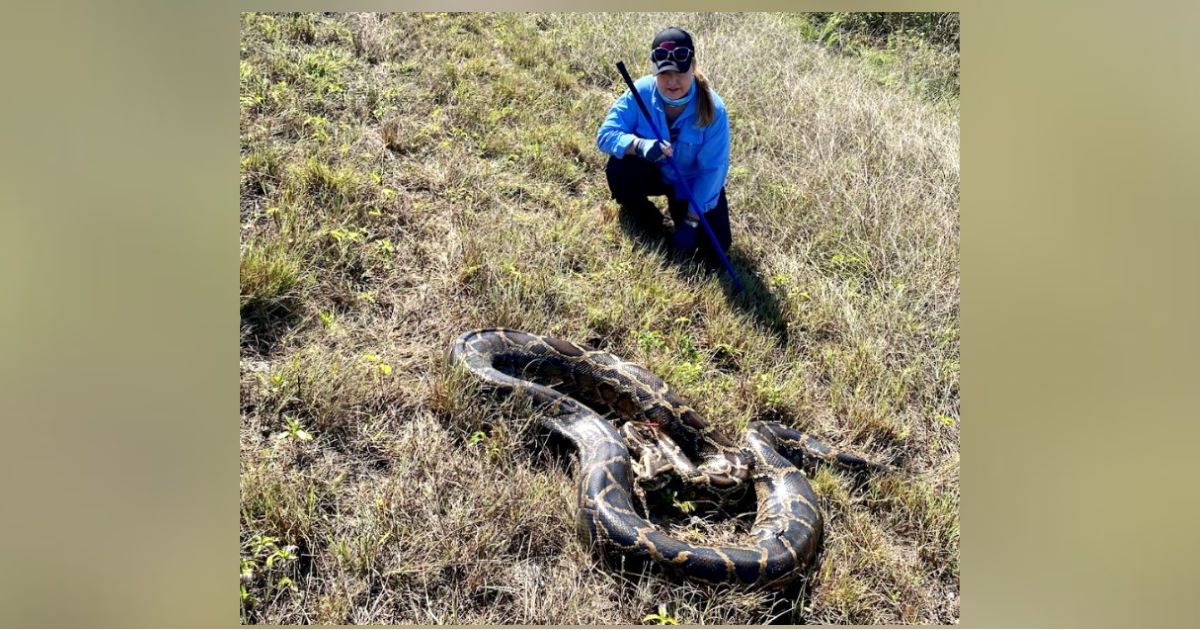By Lourdes Mederos, University of Florida
Scientists at the University of Florida have developed a pioneering tool to bolster Florida’s defenses against invasive snake species: a DNA-based environmental monitoring test that can pinpoint where they’ve been, aiding eradication efforts.
Once a nonnative species gets into an environment, it is often too late to get rid of it, and the focus shifts to containment or long-term management. Both approaches come with heavy costs concerning native wildlife and funding, explained Melissa Miller, lead author on the study and an invasion ecologist at the UF/IFAS Fort Lauderdale Research and Education Center (UF/IFAS FLREC).
“We hope this novel eDNA sampling tool we have designed will help increase efficiency in invasive species management, allowing for early detection and rapid removal of nonnative species,” she said.
Known as a tetraplex digital PCR assay, this method of testing allows researchers to use water or soil samples for rapid and precise identification of Burmese pythons, northern African pythons, boa constrictors and rainbow boas from environmental DNA — which scientists refer to as eDNA — collected in the wild. The test can identify four invasive snake species simultaneously.
That eDNA refers to genetic material shed by organisms into their surroundings. Published in the journal of Ecology and Evolution, scientists at UF’s Institute of Food and Agricultural Sciences (UF/IFAS) tout this as a significant advancement in detecting invasive snakes and a strategic tool for protecting Florida’s ecosystems.
“Cryptic species, like most snakes, are problematic when introduced outside of their range, as detectability is low, even in high densities. With this new method, we increase our ability to detect these cryptic species tremendously, no matter how many there are,” said Sergio Balaguera-Reina, co-author and research assistant scientist at the UF/IFAS FLREC.






















